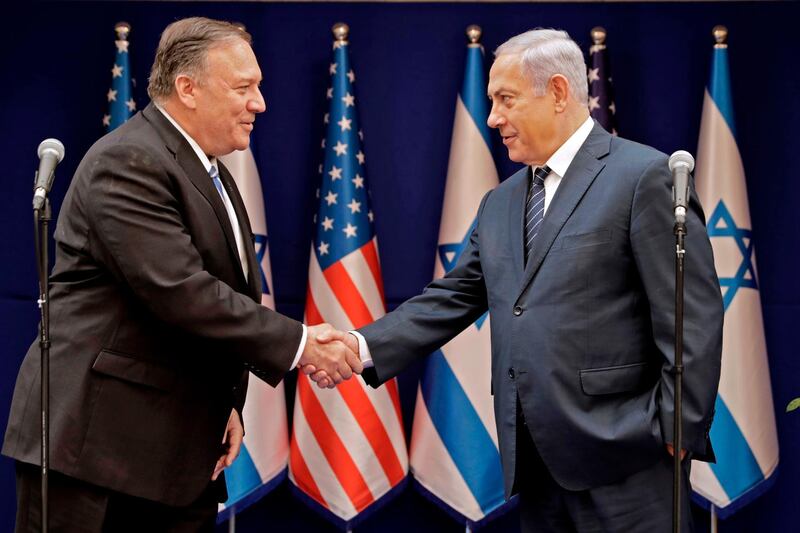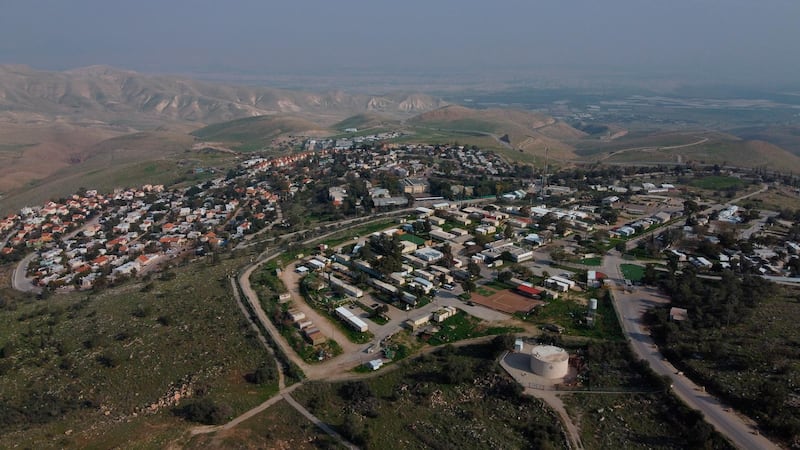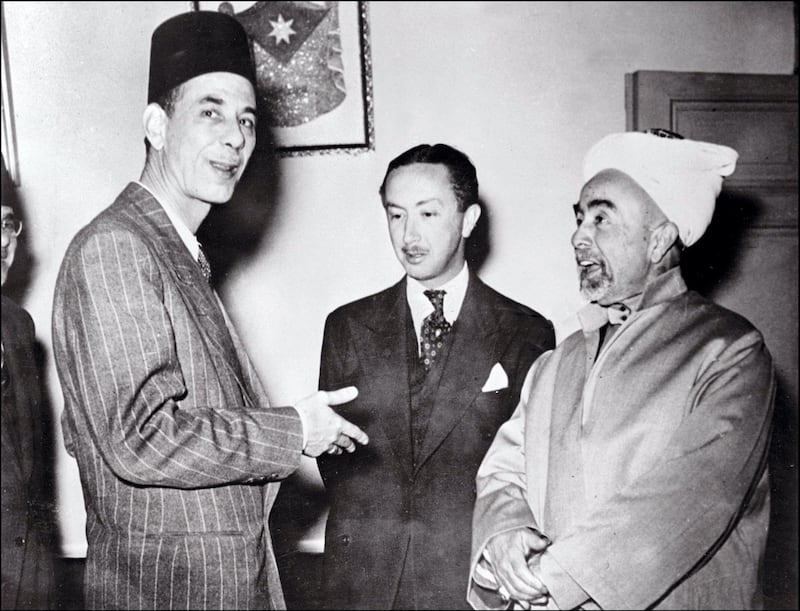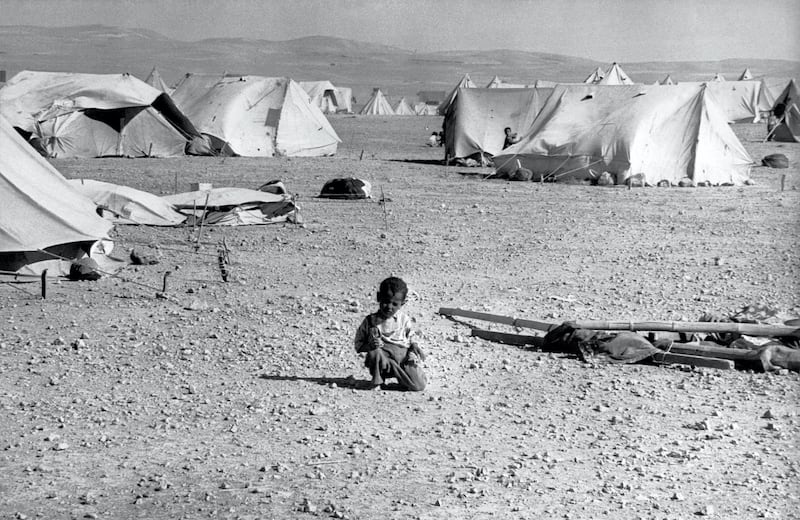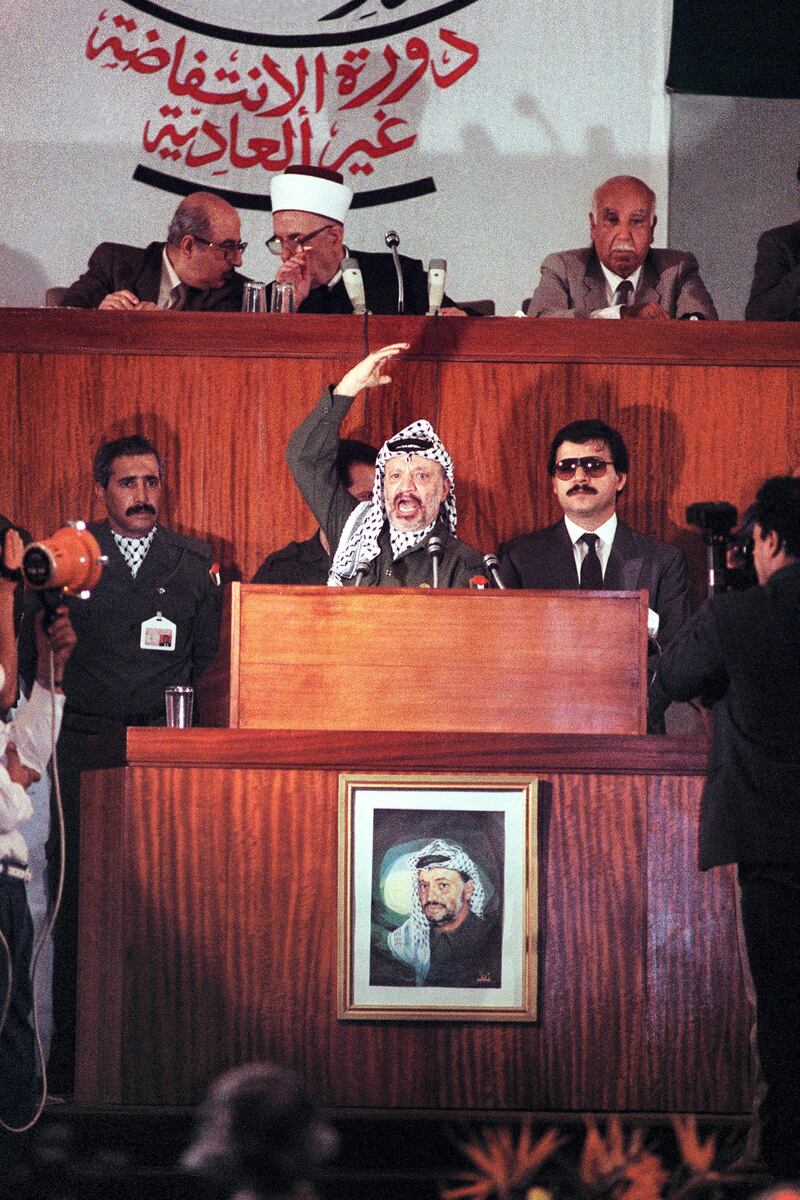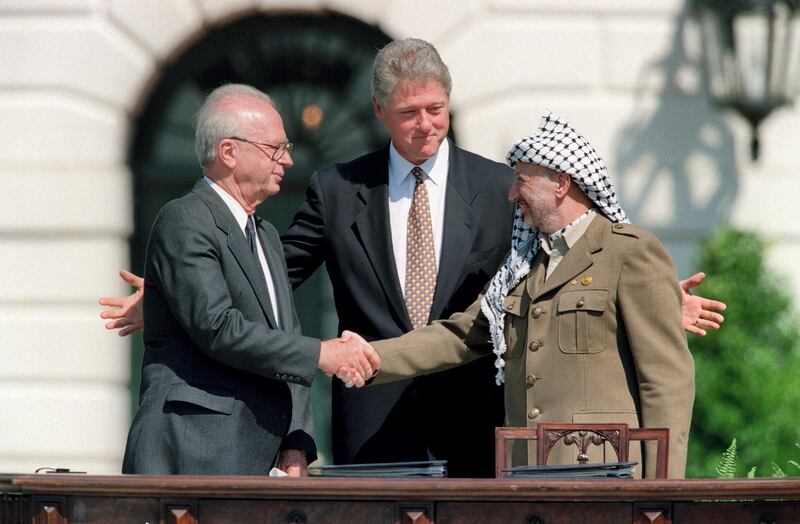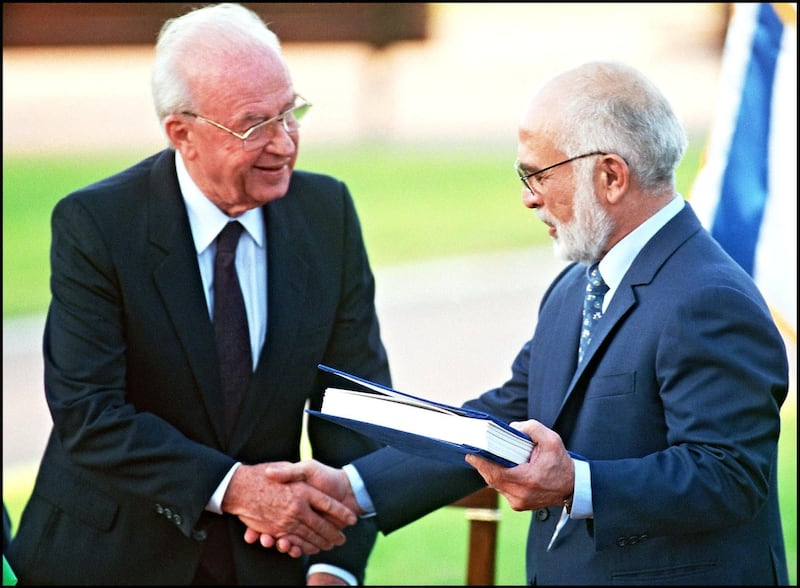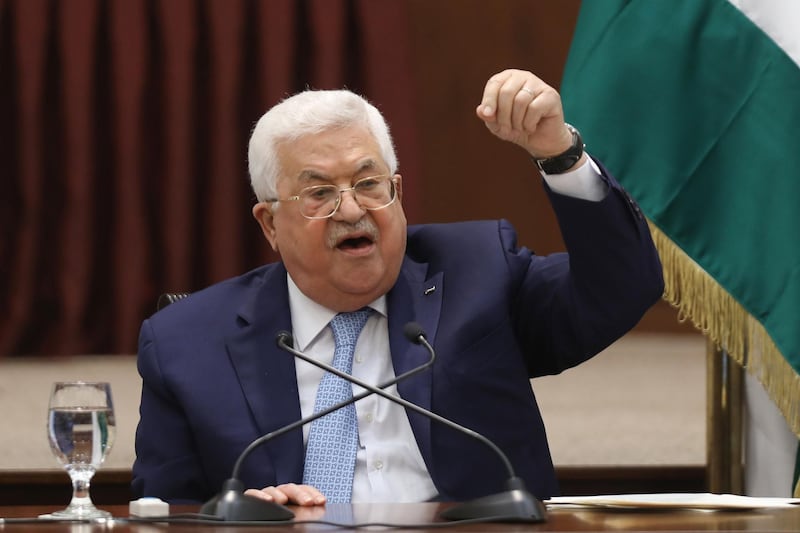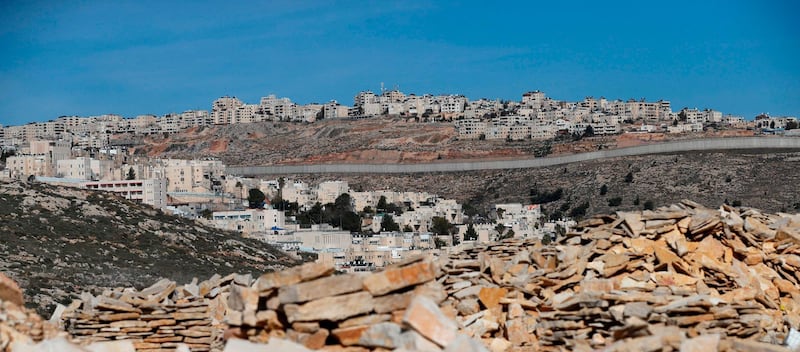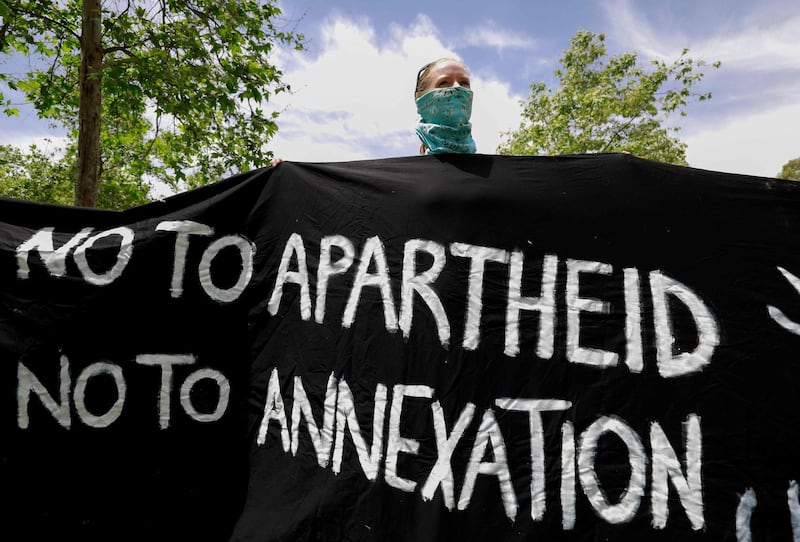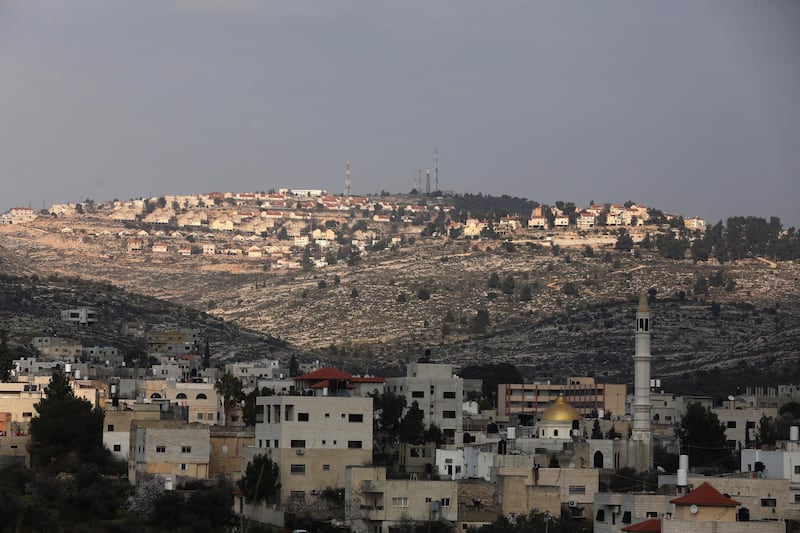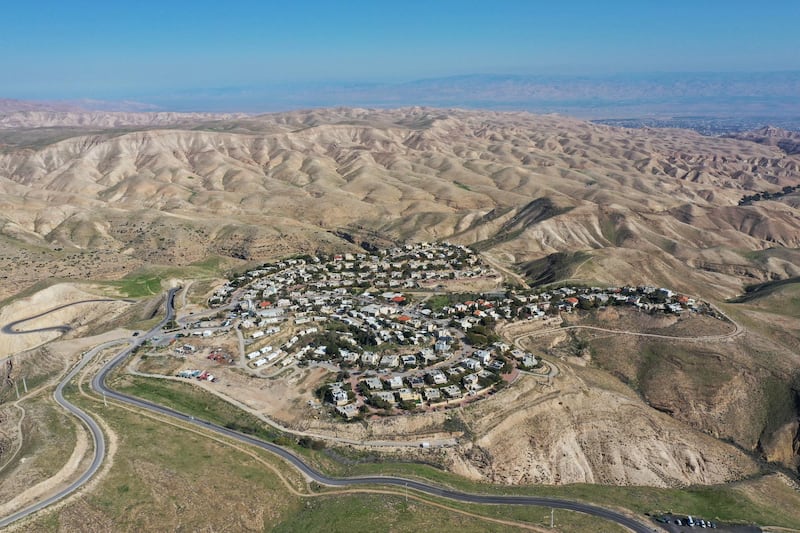US Secretary of State Mike Pompeo said on Wednesday it was up to Israel to decide whether to annex settlements in the occupied West Bank, as Israeli Prime Minister Benjamin Netanyahu has vowed to do despite international opposition.
Senior aides to US President Donald Trump met for a second day to discuss whether to give Mr Netanyahu the green light for annexation, which has drawn condemnation from the Palestinians, US Arab allies and other foreign governments.
Despite that, Mr Pompeo – speaking to reporters ahead of Netanyahu's July 1 target date – said extending Israeli sovereignty was a decision "for Israelis to make."
United Nations Secretary-General Antonio Guterres urged Israel to abandon plans to annex parts of the West Bank, warning this threatened prospects for peace with the Palestinians.
Under Mr Trump’s peace proposal unveiled in January and met with widespread skepticism, the United States would recognise the Jewish settlements – built on land the Palestinians seek for a state – as part of Israel.
The proposal would create a Palestinian state but impose strict conditions. Palestinian leaders have dismissed the initiative and it has gone nowhere.
Mr Netanyahu intends to launch his project of extending sovereignty over settlements and the Jordan Valley, hoping for US approval. Most countries view Israel's settlements as illegal, and the Palestinians have voiced outrage at annexation.
While criticising Palestinian leaders for rejecting Mr Trump's "vision for peace," Mr Pompeo did not provide any signs of where the administration stands on the specifics of Mr Netanyahu's plan.
Mr Pompeo was at the White House to join the discussions, and Mr Trump could also take part, a US official said.
Among the main options under US consideration is a gradual, step-by-step process in which Israel would initially declare sovereignty over several settlements close to Jerusalem instead of the 30 per cent of the West Bank envisaged in Mr Netanyahu’s original plan, according to a person close to matter.
The Trump administration has not closed the door to a larger annexation.
But Jared Kushner, Trump's son-in-law and senior adviser is concerned that allowing Israel to move too fast could kill hopes of drawing the Palestinians into talks on the peace plan he mostly authored, the source said.
There are also concerns about opposition from Jordan, one of only two countries that have a peace treaty with Israel, and from Gulf states. Washington has also made clear it wants Israel's unity government, divided on the issue, to reach a consensus.
